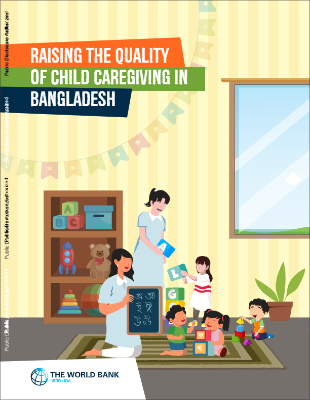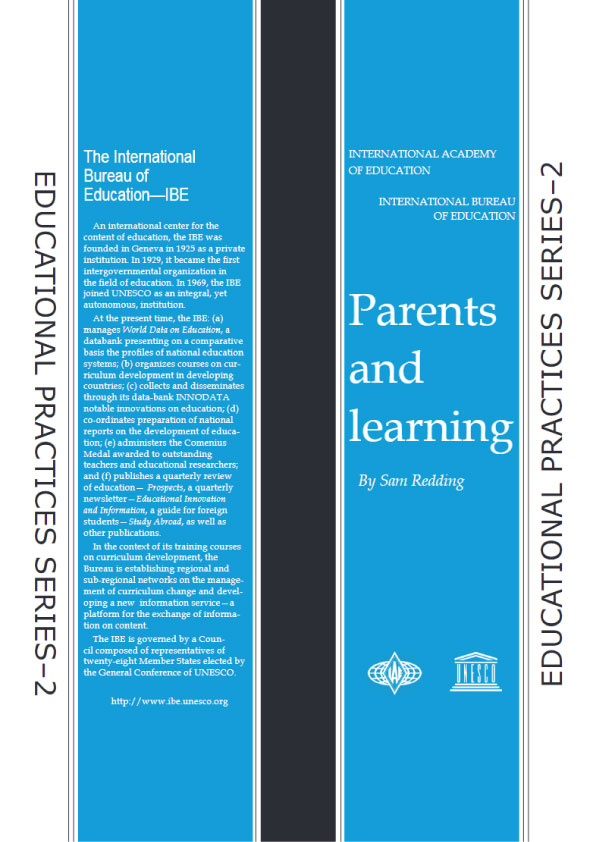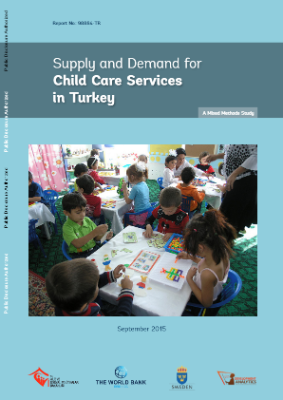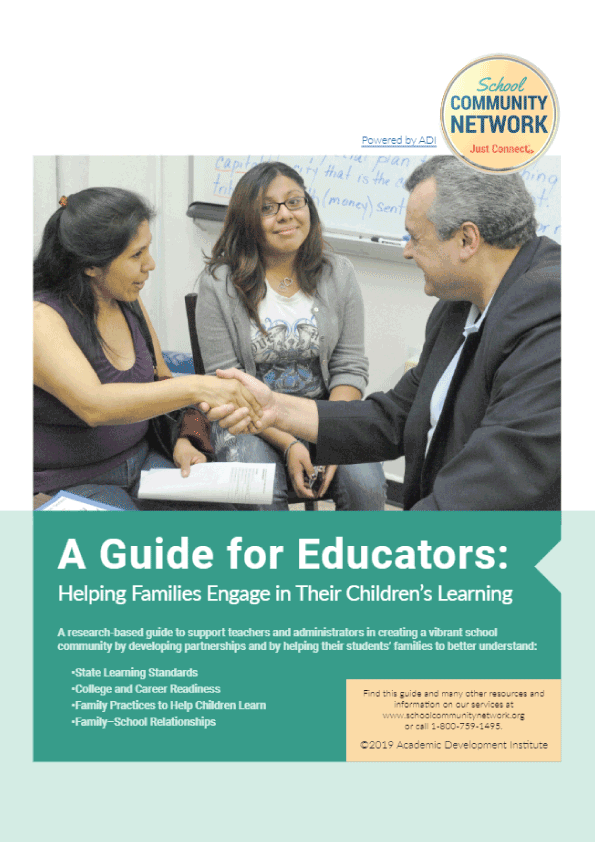Access to quality childcare is critical for improving child development outcomes and ensuring that the next generation of Bangladeshi children are better prepared to contribute as active citizens. Child caregivers play a pivotal role in developing children’s physical and cognitive growth in the early years of life. Moreover, access to quality childcare has been linked to higher women’s labor force participation and better economic growth. However, there remains a knowledge gap in the area of child caregiver skills, globally and particularly in the case of Bangladesh. In the case of Bangladesh, there is critical need to understand the complex child caregiver training structure and means to improve the system in helping the country ensure better child development outcomes, higher female workforce participation and ultimately its goal of becoming a developed country in the next two decades.
This study uses a mixed method approach to – first, understand the current status of child caregivers and childcare services in Bangladesh and second, assess the current training programs available and opportunities for professional development for the childcare workforce. The study investigates the socio-economic profiles; training acquired and perceptions of skills gaps and the environment in which child caregivers and center managers operate across different types of providers. The key recommendations emerging from the study are then discussed along four areas: polices, quality caregivers, pedagogical approach and enabling environment.
The early years are the crucial time in a child’s life to promote healthy growth and development, laying the foundation for future life success. Evidence indicates that investing in the first years has ripple effects over the life span of individuals that increase their productivity during future development stages and in adulthood (Heckman, 2008; Naudeau, et al., 2011; Sayre, et al., 2015). One way to invest in early childhood development is through Early Childhood Care and Education (ECCE) centers (definitions can be found in Box 1). Vast evidence shows that attending ECCE institutions has positive effects on child development outcomes. This is particularly true for children living in vulnerable contexts, where early childhood education can decrease the development gaps and foster cognitive, language and socioemotional development and school readiness (Baker-Henningham & Lopez Boo, 2010). School readiness leads to better learning outcomes and lower dropout rates (Engle, et al., 2011) and ultimately better earnings prospect. Investing in ECCE is a high cost-effective investment a country can make to support human development (Heckman, 2008). Research shows a return on investment of between US$6 and $17 for every US$1 invested in early childhood care and development (Engle, et al., 2011).











